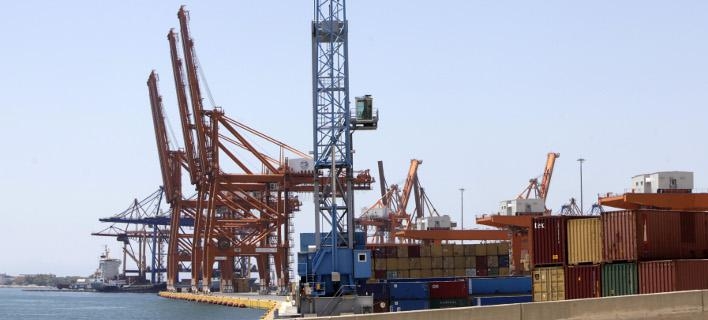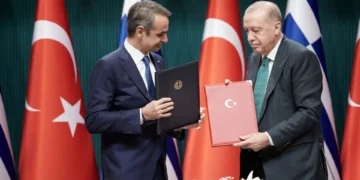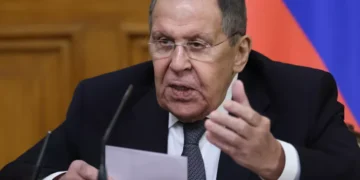Ως «μεγάλο λάθος» χαρακτήρισε ο πρώην υπουργός Ναυτιλίας, Μιλτιάδης Βαρβιτσιώτης, την πιθανή ακύρωση της συμφωνίας από τη νέα κυβέρνηση.
Ο κ. Βαρβιτσιώτης, αποκάλυψε ότι, τον Σεπτέμβριο του 2013, δέχθηκε πιέσεις από Ευρωπαίους αξιωματούχος, αλλά και διαχειριστές ανταγωνιστικών λιμανιών του Βορρά για να μην προχωρήσει σε συμφωνία με τους Κινέζους για τον Πειραιά.
Μάλιστα, ο βουλευτής της ΝΔ, κατέθεσε στα πρακτικά και ένα email που του έστειλε τον Σεπτέμβριο του 2013 ο Ματίας Μορς της Τρόικα εκφράζοντας την αντίθεσή του στην επένδυση.
Αναλυτικά το email του Ματίας Μορς προς τον Μιλτιάδη Βαρβιτσιώτη
«From: <Matthias.MORS@ec.europa.eu>
Subject: Port of Piraeus
Date: 18 Σεπτεμβρίου 2013 10:09:53 π.μ. EEST
To: <minister@yen.gr>, <ystournaras@minfin.gr>
Cc: <iemiris@hraf.gr>, <gen-glk@glk.ondsl.gr>, <Tsakloglou@minfin.gr>, <PThomsen@imf.org>, <Klaus.Masuch@ecb.int>
Dear Ministers,
We have reviewed the information concerning a proposed revision of the concession agreement for the Port of Piraeus with COSCO.
For the European Commission, I would like to underline that re-opening the concession agreement is a major issue of concern to us from the public procurement, state aid and privatisation process perspective.
According to the public procurement directive, as interpreted by jurisprudence, the concession agreement should be re-tendered. The changes of the terms of the concession agreement are of significant nature and cannot be accepted even if applied for a limited period of time (the offer during the tendering and the award criteria were based on the fixed fee).
The changes in the concession agreement conditions also increase the probability for potential state aid to the port authority as part of the revenue inflows from one of the most lucrative parts will be diminished by suspending the fixed part of the fee. Moreover, giving up part of the concession fee to be paid by the investor represents state aid and does not respect the market economy operator principle.
Beyond the EC competition and procurement concerns, such a decision will have important implications for the port privatisation strategy, which we discussed in the past, and the on-going privatisation process, which is central to the economic adjustment programme. Changing the nature of the concession agreement and allowing in a non-transparent way the selling of the most lucrative part (freight), leads automatically to the reduction of the investor interest in the privatisation of the remaining port activities. I would like to draw your attention to the need of ensuring a fairer, more transparent and level playing field in terms of investor participation to the privatisation process, this being a key prerequisite to maximizing competitive pressure and proceeds to the government.
We would therefore like to ask that you to revise the decision and proceed with the envisaged privatisation method by selling shares in the master concessionaire (already presented and discussed in the port policy paper). We look forward to a constructive discussion on this subject during the on-going programme review mission.
Best regards,
Matthias Mors
Matthias MORS
Director
Economies of the Member States II
Directorate-General Economic and Financial Affairs (DG ECFIN)
CHAR 10/188
European Commission»







